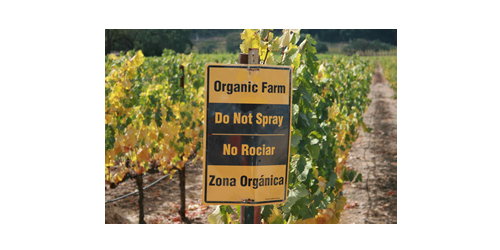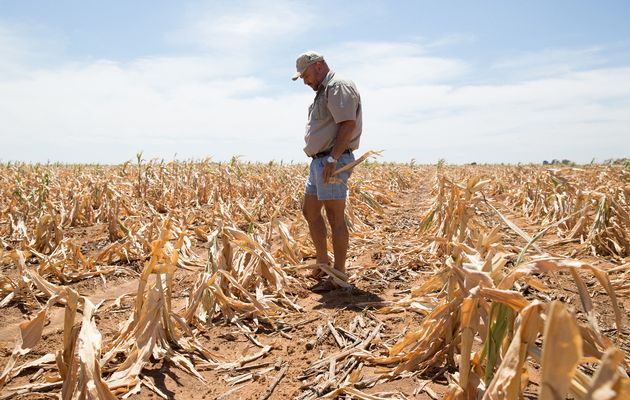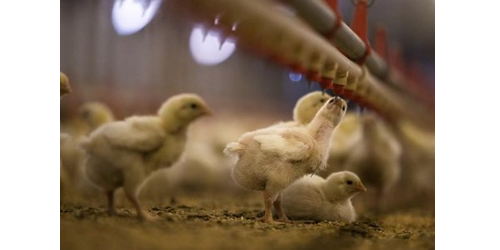Zimbabwe: Govt to Reorganise Fertiliser Production Chain

Government is planning to reorganise the fertiliser production chain with a view to ensuring sufficient product throughout the season.
Buoyed by the success of the Special Maize programme, commonly known as Command Agriculture, Government has extended the concept to other products such as wheat and soya beans and this is expected to push demand on an upward trend.
Already, an acute shortage of fertiliser is predicted following failure by producers to get enough foreign currency to import raw materials. As a result of the foreign currency shortages external suppliers are holding on to stock and only releasing product after paying suppliers.
In light of this continuous rising demand and external factors affecting the fertiliser industry, Government is considering a fertiliser production chain strategy to plug any loopholes for shortages.
“There is need for a long term strategy aimed at reorganising the fertiliser production chain by drawing on lessons from friendly countries like Belarus, People’s Republic of China and India, among other,” Vice President Emmerson Mnangagwa said.
VP Mnangagwa was presenting a paper Command Agriculture in Zimbabwe: Myths, Lessons and Future recently. He was drawing lessons from the 2016 /17 Command Agriculture Season.
“The future lies in us enhancing our capacity to manufacture our own fertilizers and exploit trade agreements between our companies and friendly countries ready to cooperate with us,” said VP Mnangagwa.
The country’s sole producer of ammonium nitrate fertiliser, Sable Chemical Industries Limited is expecting to produce about 240 000 tonnes by the 2018 /19 agricultural season.
Sable Chemicals is a fertiliser manufacturing company mainly producing ammonium nitrate (fertiliser and explosive grades) and other products which include ammonia, nitric acid, oxygen (liquid and gas), 83 percent AN solution De-ionised water.
Other lessons VP Mnangagwa flagged include making universities into centres of excellence for agricultural innovation and research and development and act as incubation centres for research projects before handing them over for mass production and commercialisation.





